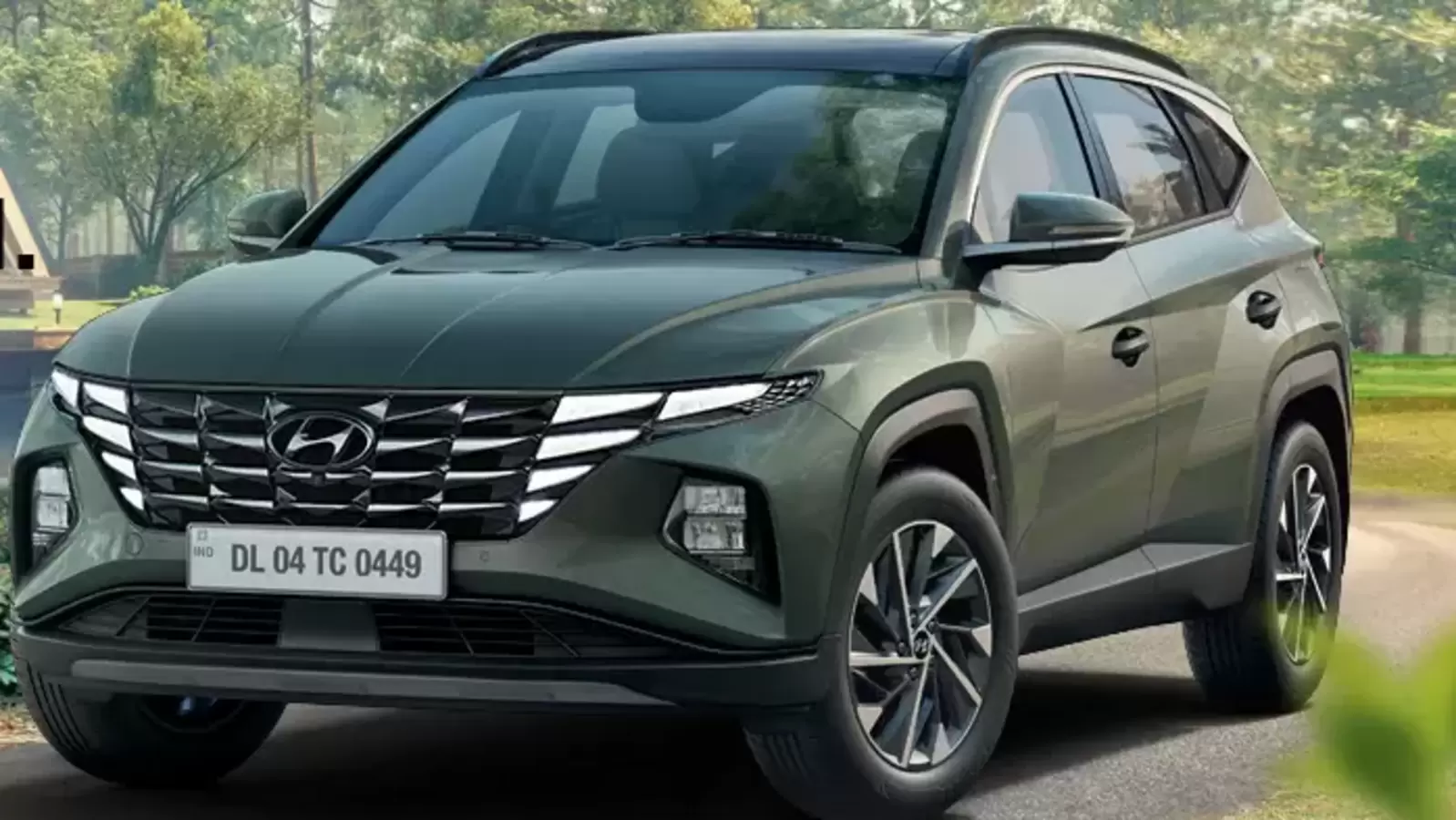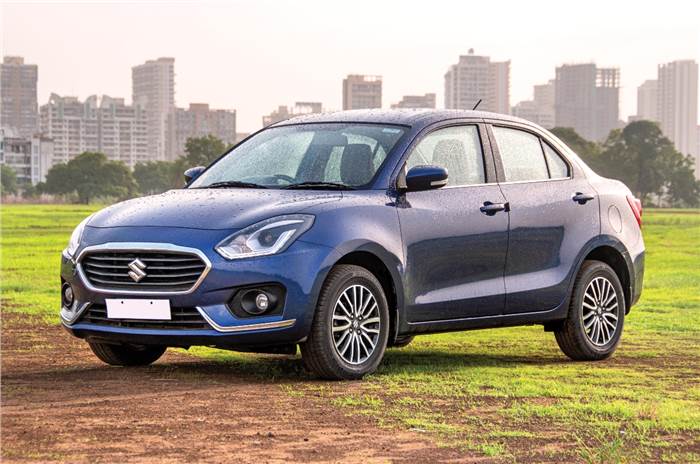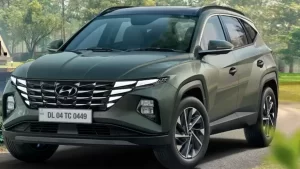
Selecting a secondhand car over a new one can help the environment greatly. Consumers are starting to pay more attention to how their purchases affect the earth as worries about sustainability and climate change keep developing. One of the main causes of environmental damage is the automotive sector; hence, choosing used cars in norco is a wise decision to lower the ecological impact. The various main environmental advantages of buying a used car instead of a brand-new one will be discussed in this post.
Reduced Used Vehicle Carbon Footprint
From manufacturing components to assembly, the creation of new cars calls for a significant volume of resources and energy. Significant carbon dioxide (CO2) emissions resulting from this process help to cause climate change. Buying a used car effectively gives a vehicle that has already been created a second life, thus reducing its environmental impact. Less resources are needed to build fresh cars the longer they remain in use. For someone trying to reduce their carbon footprint while still running a dependable and functional vehicle, used cars in norco are a great choice.

Lowered Resource Consumption
Making a new car calls for gathering metals, polymers, and other components. This method disturbs habitat and uses natural resources. Purchasing a used car limits the environmental damage resulting from their extraction and lessens the demand for these raw resources. By not increasing the demand for new manufacturing, you assist in conserving natural resources since the components and parts of a used car are already in place. Choosing a pre-owned car will help to lower general resource use.
Extended Lifestyles and Waste Reduction
Used cars are vehicles whose components are already in circulation since they have completed the manufacturing cycle. Rather than adding to waste by buying a new car, you help prolong the lifetime of a car that might have several more years left. Maintaining a used car on the road for a longer period lessens the environmental damage caused by the disposal of vehicles. Longer vehicle lifetime also reduces waste in the automotive sector through fewer autos thrown into landfills or demolished.
Old Models’ Energy Efficiency
Particularly if they have been well-kept, older used cars can still be rather energy-efficient. Compared to certain more recent, larger models, many former-year models are fuel-efficient and release fewer greenhouse gases per mile. Buying used vehicles that have already been manufactured, so older models may have reasonable fuel economy while the total environmental impact is less.






